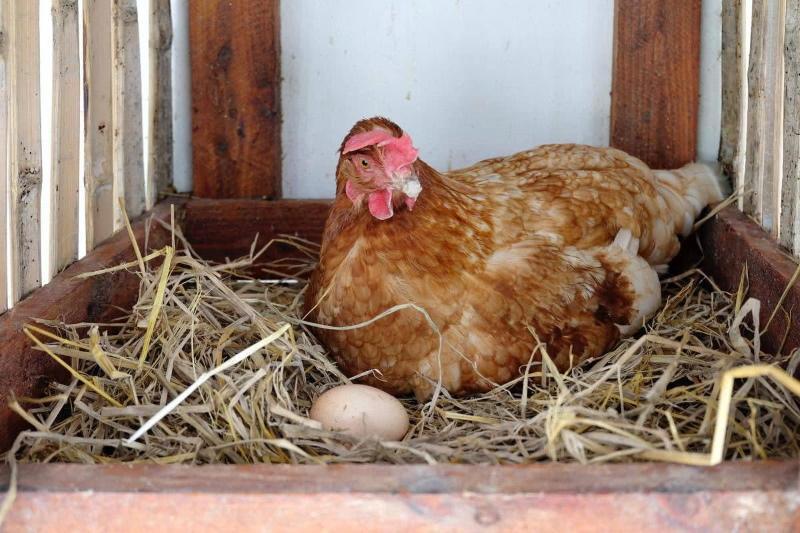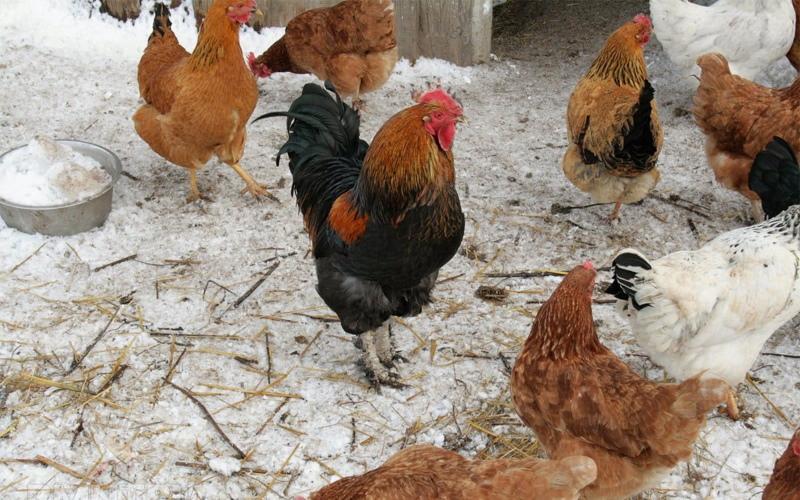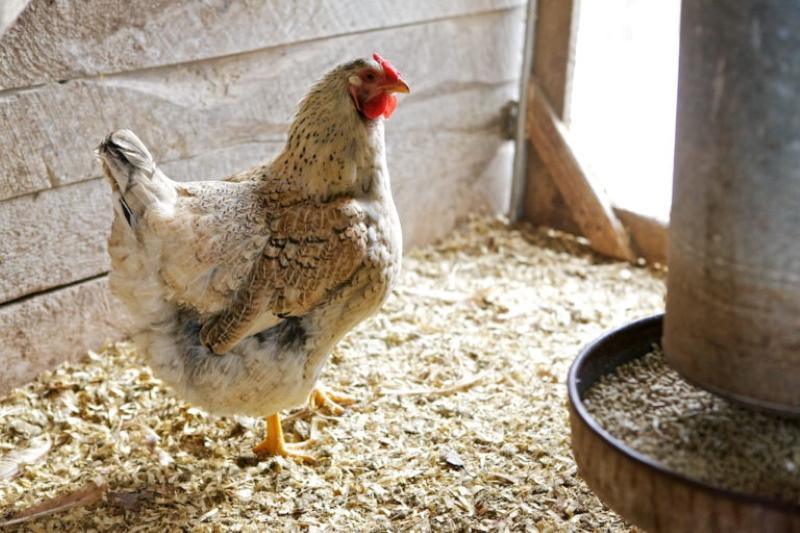Why chickens don't lay in the fall - the main reasons for the fall in egg production
 Even the best laying hen has a period when there are no eggs in the hen house. Most often this happens with the onset of a cold snap. The question of why chickens do not rush in the fall is of interest to many poultry breeders. If the cockerels are bred for the sake of tasty meat, then the task of the chickens is to give eggs and hatch the chickens. What happens to the bird that it changes its "schedule"?
Even the best laying hen has a period when there are no eggs in the hen house. Most often this happens with the onset of a cold snap. The question of why chickens do not rush in the fall is of interest to many poultry breeders. If the cockerels are bred for the sake of tasty meat, then the task of the chickens is to give eggs and hatch the chickens. What happens to the bird that it changes its "schedule"?
Why chickens don't rush in autumn - possible reasons

In addition to age, a decrease in egg production, especially in autumn, may be due to:
- improper diet and lack of water;
- molting;
- changes in "living conditions" (cold and little light);
- diseases or parasites.
Unbalanced diet
 The diet of chickens should contain vitamins and trace elements, and if they are not enough, the bird rushes poorly. One head per day needs at least 120 g stern, and the third part must be protein. In addition to grain, chickens should be given greens, vegetables, bone meal, chalk. And also sand and salt to improve digestion.
The diet of chickens should contain vitamins and trace elements, and if they are not enough, the bird rushes poorly. One head per day needs at least 120 g stern, and the third part must be protein. In addition to grain, chickens should be given greens, vegetables, bone meal, chalk. And also sand and salt to improve digestion.
Chickens should definitely get calcium, because they use their own reserves to feed. Without renewing them, they will not be able to carry eggs either. Or they will extract vitamins from the shell by pecking eggs.
Molting
 Chickens molt almost every year, and most often this happens in the fall. The process takes up to 2 months and during this time they hardly rush. It remains only to wait until the bird renews its feathers. But stress and lack of vitamins can accelerate molting. So the question of a balanced diet is also important in this case.
Chickens molt almost every year, and most often this happens in the fall. The process takes up to 2 months and during this time they hardly rush. It remains only to wait until the bird renews its feathers. But stress and lack of vitamins can accelerate molting. So the question of a balanced diet is also important in this case.
Uncomfortable atmosphere in the chicken coop
 In autumn, it becomes cold outside, and daylight hours are reduced. If it is cold and dark in the coop too, the chickens stop rushing. The room must have a window and artificial lighting.
In autumn, it becomes cold outside, and daylight hours are reduced. If it is cold and dark in the coop too, the chickens stop rushing. The room must have a window and artificial lighting.
Daylight hours should be at least 12 hours, and even more for some breeds.
Diseases and parasites
 A bird that is suffering from parasites is under severe stress. She begins to eat poorly, which affects egg production. Chickens can develop ticks, bugs, or tapeworms. Chickens also cease to carry as a result of diseases such as vitamin deficiency, bird flu, staphylococcus aureus, typhus.
A bird that is suffering from parasites is under severe stress. She begins to eat poorly, which affects egg production. Chickens can develop ticks, bugs, or tapeworms. Chickens also cease to carry as a result of diseases such as vitamin deficiency, bird flu, staphylococcus aureus, typhus.
Even starting with young animals, it is recommended to vaccinate the bird. And in case of illness, such individuals must be separated and treated.